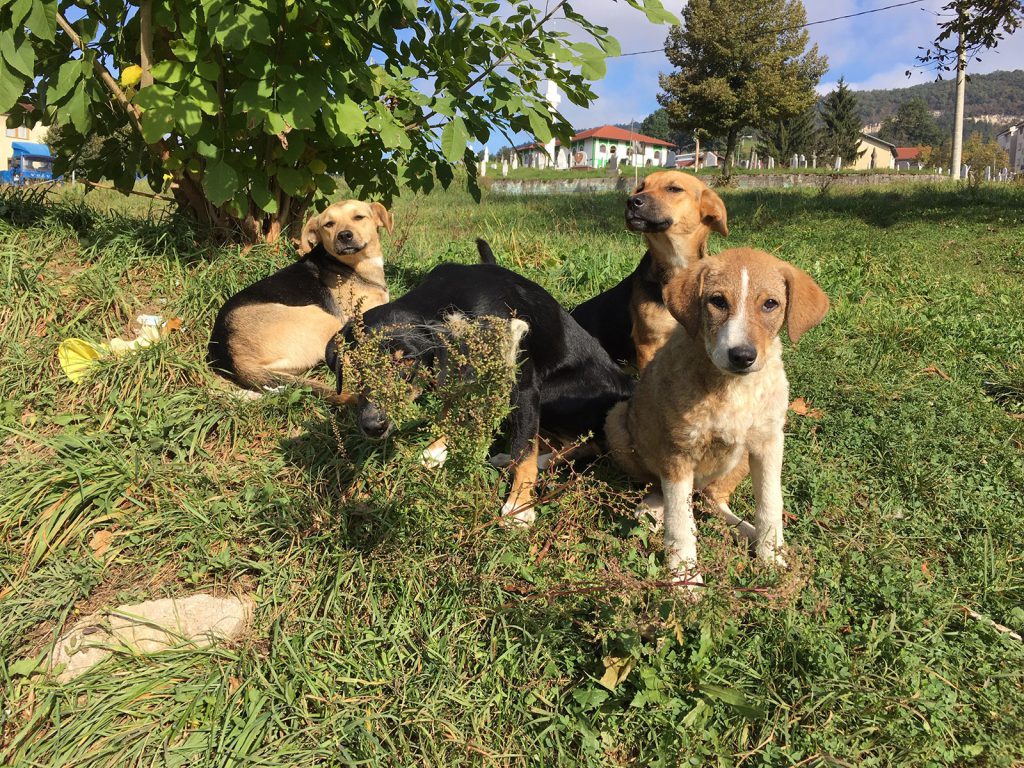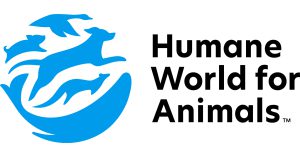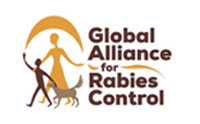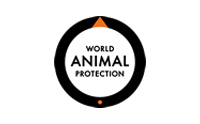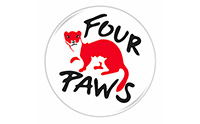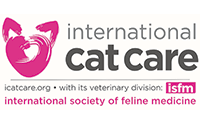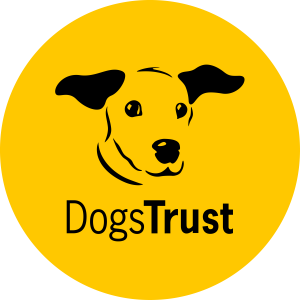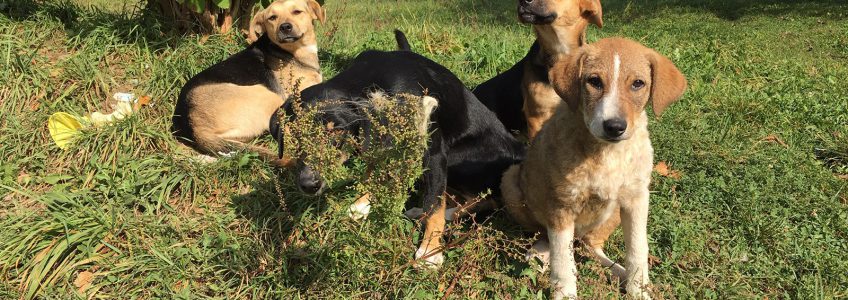
In Kljuc, Bosnia, roaming dogs were commonplace. They slept in the parks and behind apartment buildings, and could be found harassing shoppers outside of supermarkets and in the schoolyard. While many people fed the dogs, others felt threatened, worried or bothered by them. Everyone agreed that having dogs living on the street was not ideal, but nobody could agree what to do about it. The municipality had made many attempts to solve the problem, including rounding them up and putting them in a shelter, but nothing seemed to solve the problem, and citizens were becoming frustrated, impatient and angry with one another.
When they were approached about trying Humane Community Development (HCD), a method for designing a local, comprehensive dog management plan, the community had already come to the conclusion that no outside organization could rescue them from their predicament. They needed to fix the problem themselves, but needed guidance to figure out how to do it.
The United Nations Development Program (UNDP) and IFAW partnered with the community, and led them through the HCD process. They selected key stakeholders, conducted two exploration and planning workshops, collected locally-specific data, and developed a plan of action that the community agreed would address their specific concerns in a way that they could commit to. The local veterinarians received additional training in dog sterilization techniques, and received subsidies from the municipality to sterilize and treat owned and street dogs. The newly formed volunteer group worked with the veterinarian, and with the assistance of the municipal communications team, organized a foster network to help find new homes for unwanted dogs on the streets. The newly trained municipal dog catch-and-transport team was responsible for responding to emergencies and collecting and returning treated dogs. Local teachers also received training to teach dog welfare and safety programs for children, and local youth pitched in to organize a Facebook site for their community dog club, sharing positive information, safety tips and event updates.
All of this developed over the course of two years, during which time the UNDP provided mentoring, helped the community source training and resources, and helped foster communication and leadership until the community groups took over. Although progress seemed slow at times, and not without moments of doubt, the community is now equipped to have a productive conversation about their “dog problems” and to continue solving them with local resources.
